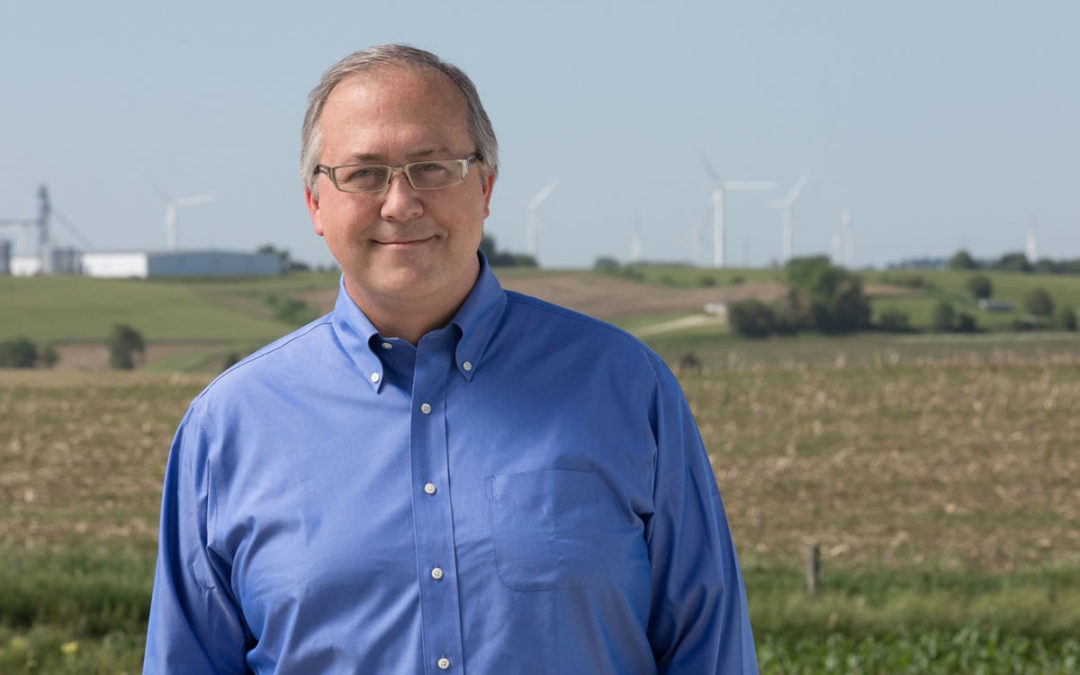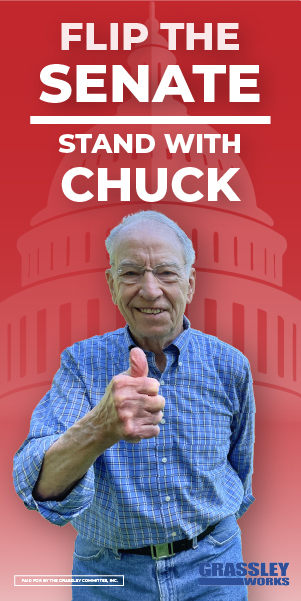We certainly live in interesting, and as of late, uncertain times. We are all dealing with a scenario causing so many disruptions in our lives – from where and if we work, trying to find childcare, dealing with when and where we can purchase food and essentials, and to how we simply interact with others while heeding the President’s call for social distancing. All this, added to wondering if you or a loved one will catch the COVID-19 virus, can be stressful, cause anxiety, and take an emotional toll on us all.
The new aspects of “Social Distancing” and “Self-Quarantining” can leave people alone for long stretches of the day, or even cooped up too long with others. The worry of you or a loved one contracting COVID-19 weighs heavy on our hearts and minds. A lot of people are naturally worrisome individuals as it is – but add a pandemic to the mix, and it can be completely overbearing and just too much to internalize and deal with. And that’s understandable.
In the U.S. Congress, one of my priorities was to help Iowans with mental health issues. Before I was first elected, I remember countless conversations with Iowans – from a woman from Clive whose son took his own life to a veteran with PTSD from Council Bluffs who just couldn’t completely escape his emotional war wounds. With the guidance of mental health professionals and constituents who suffered themselves or cared for loved ones with mental health challenges, I listened, learned, and led.
A few years after I was first elected to the U.S. Congress, a local veteran contacted our office after he was unsuccessful in reaching anyone on the veterans’ crisis hotline. Three times he tried in one sitting when he needed help – but no answer. Thank goodness he had the phone number of our casework specialist, who also had a background in social work. Thankfully, she was able to help by talking him through his struggles. It turned out he wasn’t alone – fully one-third of the calls to this vital crisis line went unanswered. This was unacceptable. His experience was the basis for my bill – The No Veterans Crisis Line Call Shall Go Unanswered Act. It was approved by Congress unanimously and signed into law by President Obama in 2016. It mandated the Veterans Administration implement the necessary policies and procedures to make sure every call to the crisis line was answered. A year later, when I visited a call center in Atlanta, Georgia, they informed me they not only improved their response rate but also ensured their goal was to have everyone who eventually answered the phone to have a background in counseling with a preference on hiring veterans.
In 2016, I was a sponsor of, and voted for, The 21st Century Cures Act. This bipartisan legislation changed the game in many ways regarding mental health support. It required insurance companies to cover mental health the same as regular medical treatments. Local mental health and suicide prevention programs saw greater access to grants, as well as grants for mental health professionals to serve in rural areas. It elevated the Substance Abuse and Mental Health Services Administration from being led by an Administrator to being led by an Assistant Secretary reporting directly to the Secretary of Health and Human Services.
When it was time to work on the new Farm Bill in 2018, I worked with my colleagues to include provisions to help farmers, ranchers, and producers deal with stress from their occupations in the agriculture industry. Compromise language in the final Farm Bill was based on provisions in the House bill – The STRESS Act – which I and my colleagues wrote, as well as key provisions from a bipartisan bill introduced in the Senate, entitled The Farmers First Act. Our U.S. Senator Joni Ernst was the lead Republican sponsor. Those employed in agriculture face many unique stressors – factors outside of their control, such as the weather, access to markets, and the price of their products. These stressors contribute to a higher than average suicide rate amongst those in the agriculture industry. The Farm Bill, which was signed into law by President Trump, provided support for mental health services for agriculture workers. Access to therapy, support groups, and counseling services is key for those in the agriculture industry.
And here we are today, dealing with new stresses and emotions from a new threat to us all, which is invisible and can even cause death. And this invisible enemy does not discriminate when it comes to age, gender, income, and political party affiliation. We all must recognize what we’re up against and realize what we’ve heard come from a lot of our lips recently. Yes, indeed: We are all in this together.
As a Member of Congress, I worked on funding for, prioritization of, and accountability with mental health programs, and I would continue to do. There are helpful resources available from the Center for Disease Control to the National Institute of Mental Health dealing with how to cope and helping to answer questions for those enduring stress and anxiety. Go online and check those out at CDC.gov and nigh.nih.gov.
There are incredible and compassionate people, support groups, and non-profits that can help Iowans here at home today to deal with the stresses and anxiety coming from the COVID-19 pandemic. This is where the real impact is going to come from to help people during this time and situation. Check out some of the answers and resources available at nami.org from the National Association of Mental Illness.
As well, if you are a person of faith, or even if you aren’t and this whole thing is causing your heart and mind to be stirred spiritually, be sure to check in with your preferred house of worship or faith leaders and use the resources available there to talk, find perspective, and pray. It’s natural during times and crises like this to turn to God. To lean on Him. For me, my faith and prayer life help get me through each and every day and what comes with it – good or bad. And especially now, aside from just faith and prayer, it can be so important to be connected with others and share in faith by being vulnerable, building camaraderie, and uniting with one another and God.



